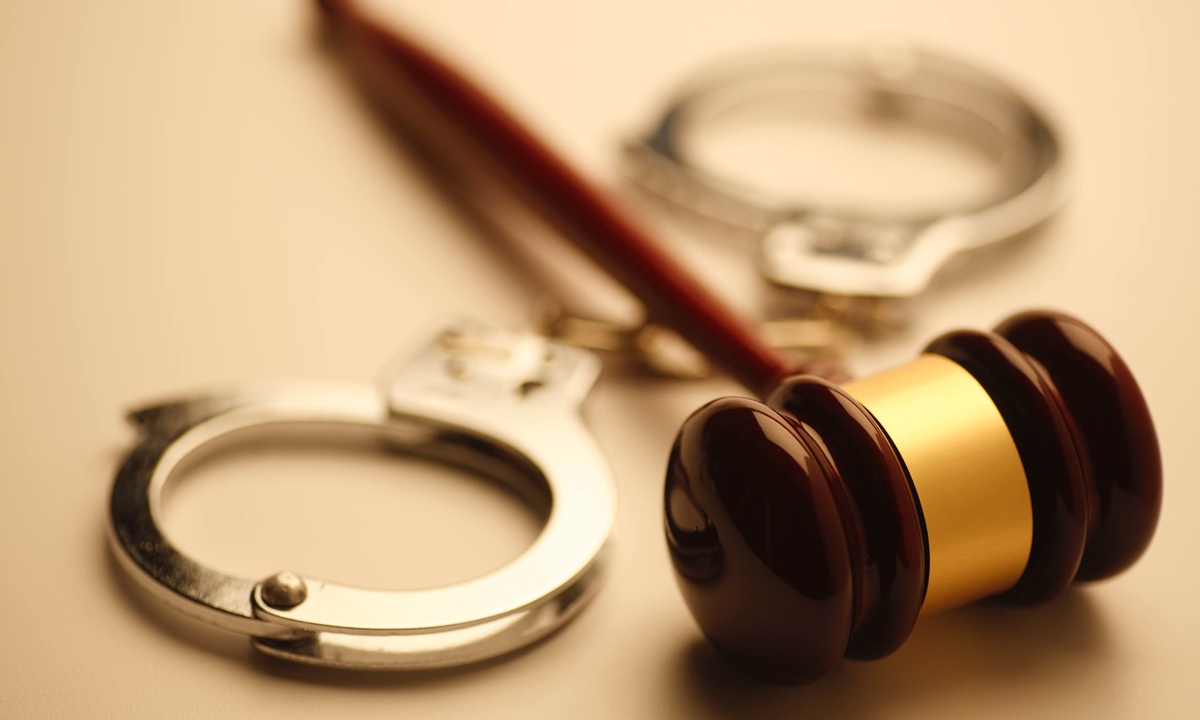
Photo: VCG
The Communist Party of China (CPC) Central Commission for Discipline Inspection (CCDI) said on Thursday that in the first half of 2024, 41 provincial- and ministerial-level officials were investigated and 25 provincial- and ministerial-level officials were punished.
In the first half of 2024, the national discipline inspection and supervision organs received a total of 1.754 million petitions and reports, including 477,000 tipoffs and accusations.
Among the 405,000 cases filed 41 officials were at the provincial- and ministerial-level, 2,127 at the department- and bureau-level, 17,000 at the county-level, in addition to 56,000 township-level officials.
In addition, 47,000 current or former village Party branch secretaries and village committee directors were investigated.
Among the 332,000 individuals disciplined, 266,000 were related to violations of Party disciplinary actions and 93,000 were involved in administrative disciplinary actions.
Noticeably, among the people being punished, a majority, 229,000 people in total, were from rural areas or enterprises.
Other punished include 25 provincial- and ministerial-level officials, 1,806 department- and bureau-level officials, 13,000 county-level officials, 43,000 township-level officials and 46,000 general officials.
The Party's discipline inspection and supervision was one of the highlights at the just-concluded third plenary session of the 20th Communist Party of China (CPC) Central Committee.
The Resolution of the Central Committee of the Communist Party of China on Further Deepening Reform Comprehensively to Advance Chinese Modernization adopted at the CPC plenum will provide a strong impetus and institutional guarantee for Chinese modernization, Li Xi, a member of the Standing Committee of the Political Bureau of the CPC Central Committee and secretary of the CCDI said.
Li urged discipline inspection and supervision agencies to focus on facilitating their endeavors to further deepen reform across the board and fulfill their duties in exercising full and rigorous Party self-governance and the Party's internal reform to provide a strong underpinning for the efforts to build a great country and move toward national rejuvenation on all fronts through Chinese modernization.
Zhuang Deshui, deputy director of the Research Center for Government Integrity Building at Peking University, told the Global Times on Thursday that to further deepen comprehensive reform, the resolution especially added one sentence highlighting the behaviors of proposing false accusations.
On one hand, in recent years bureaucracy has constrained many grassroots officials, who are constantly occupied with meetings, inspections, and preparing materials, rather than focusing on their efforts to promote Chinese modernization. On the other hand, Zhuang emphasized that institutional support is now being provided to reformist officials who actively work toward reform in their daily tasks by addressing false accusations.
The Party has upheld the principles that Party discipline should be even more stringent than the law and that discipline and law enforcement efforts should go hand in hand. It has conducted four distinct forms of oversight covering disciplinary compliance, the Xinhua News Agency reported.
The four forms are: 1) criticism and self-criticism activities and oral and written inquiries, which are to be conducted regularly to ensure that those who have committed minor misconduct are made to "redden and sweat"; 2) light penalties and minor organizational adjustments to official positions, which are to be applied in the majority of cases; 3) heavy penalties and major adjustments to official positions, which are to be applied in a small number of cases; and 4) investigation and prosecution, which are to be undertaken in a very small number of cases involving serious violations of discipline and suspected criminal activity.
Disciplinary inspection authorities also announced that in the past six months, 542,000 people were criticized and educated using the first form, accounting for 61.6 percent of the total number, and 271,000 people were handled using the second form, accounting for 30.8 percent.
Investigation also showed 12,000 people were investigated because of bribery, and 1,941 people were transferred to the procuratorial organs, according to the watchdog.




